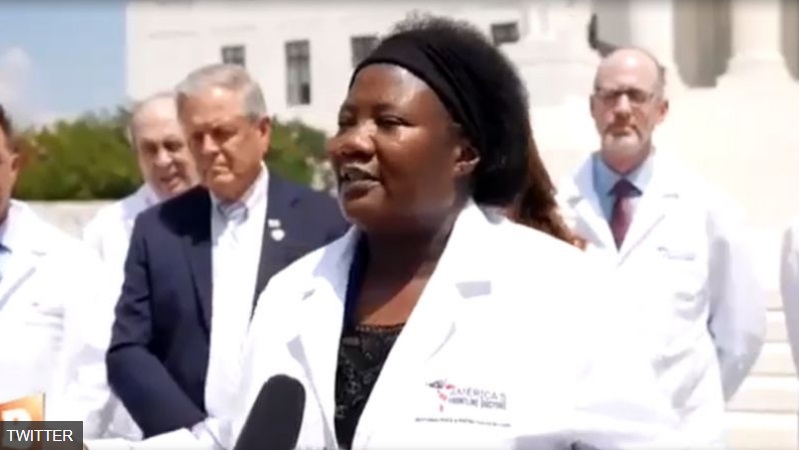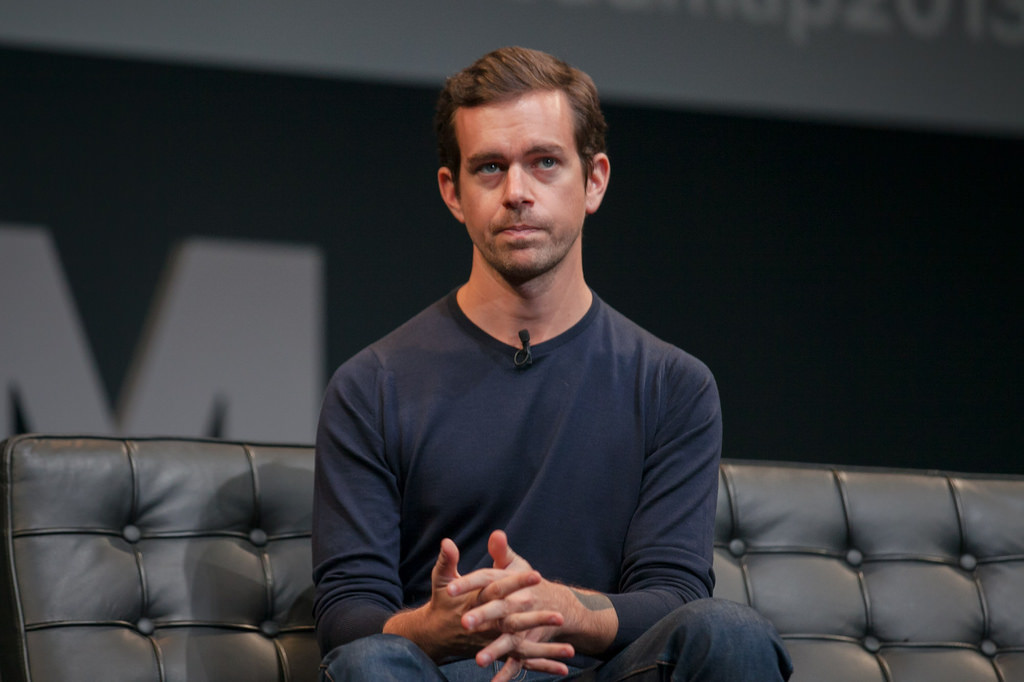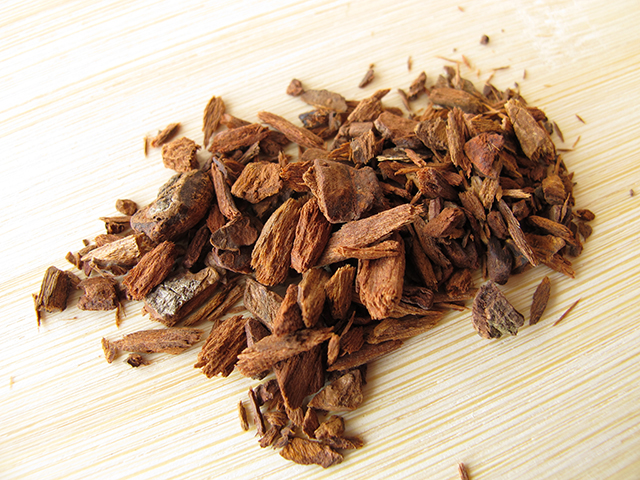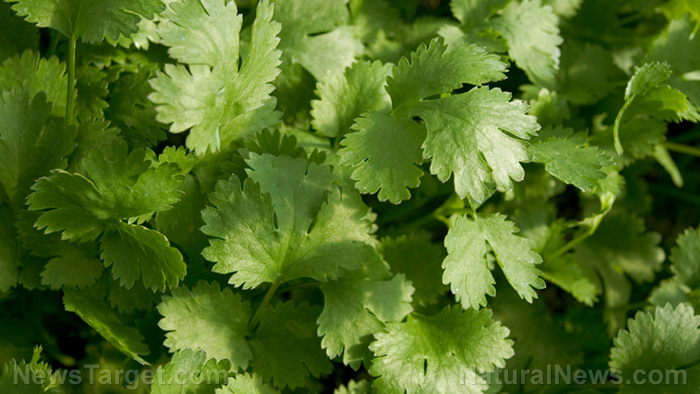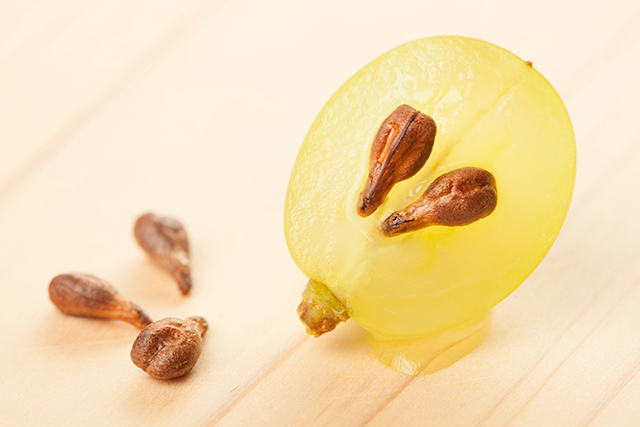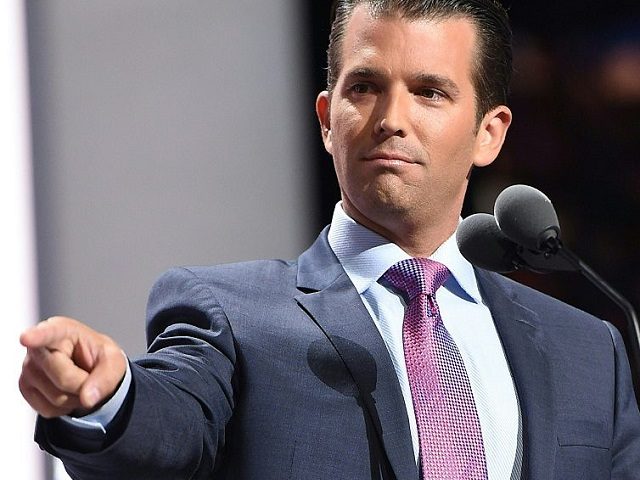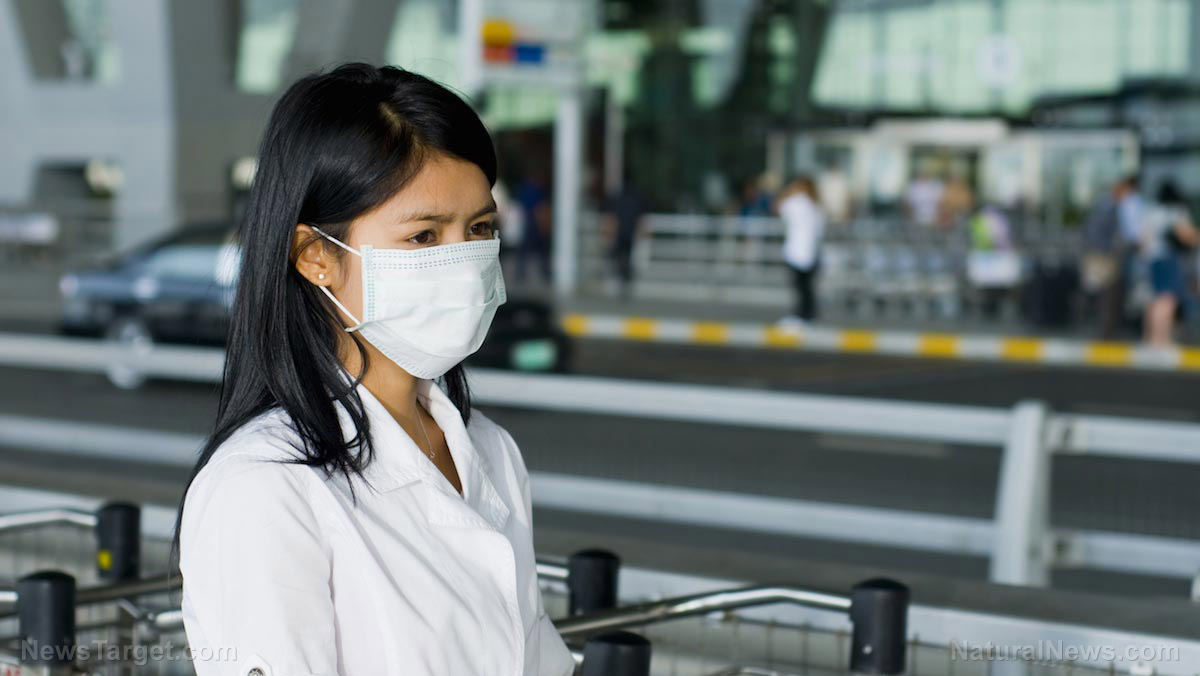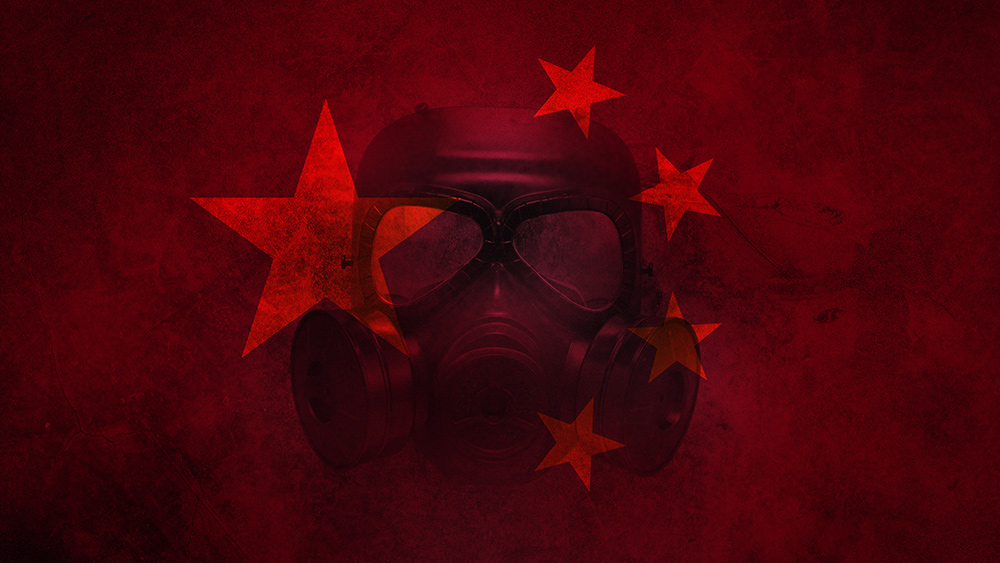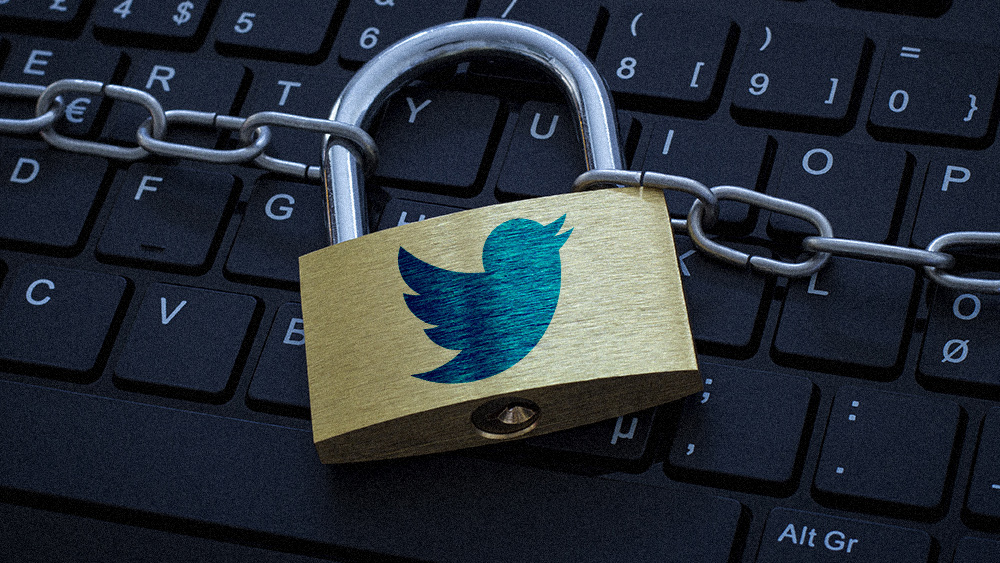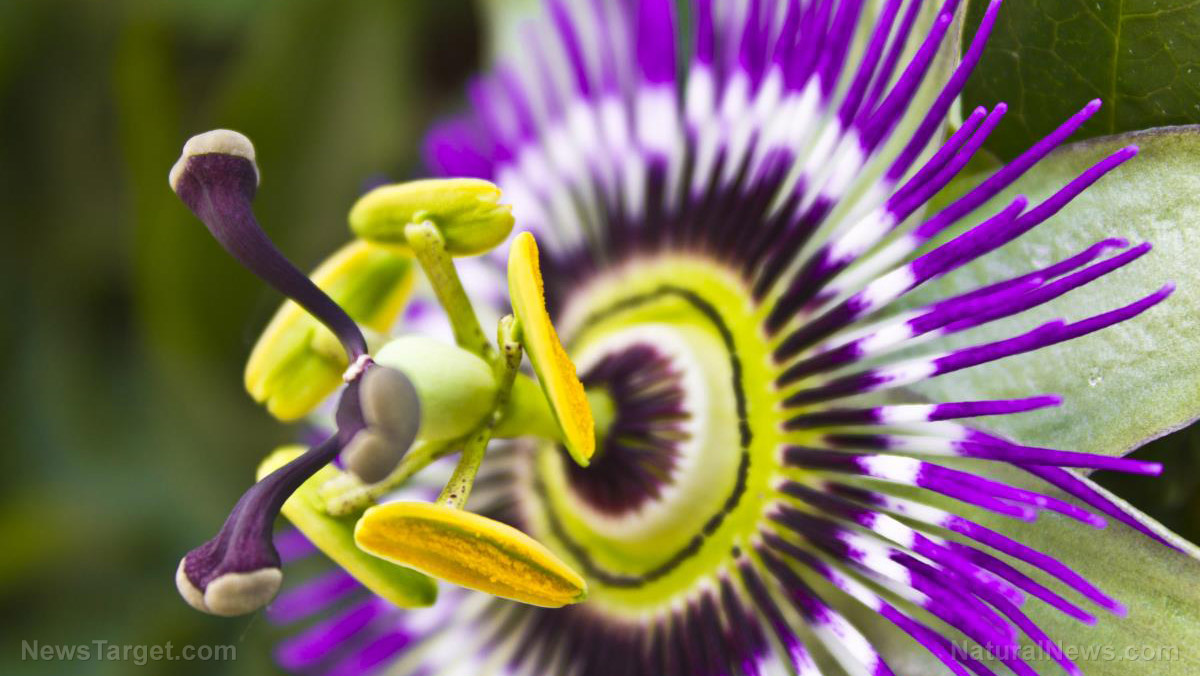Kodak reinventing itself as Big Pharma drug manufacturer to reduce U.S. dependence on China
07/30/2020 / By Isabelle Z.
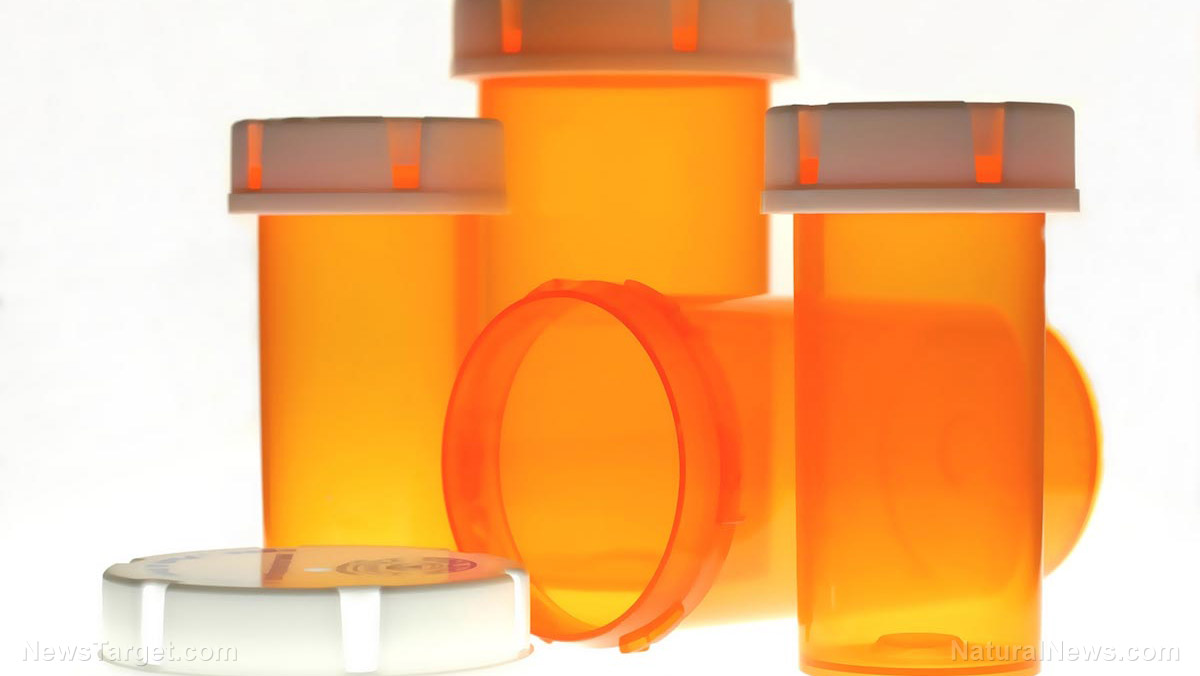
Eastman Kodak has been granted a $765 million Defense Production Act loan in order to help the United States bring drug manufacturing back to its own shores and away from China. The loan is expected to create 350 American jobs in Rochester New York, where they will manufacture the ingredients for essential pharmaceutical drugs like hydroxychloroquine that are currently largely imported.
Kodak will be manufacturing a range of ingredients that are in “chronic national shortage” and will eventually make as much as a quarter of the active pharmaceutical ingredients needed for “non-biologic, non-antibacterial, generic pharmaceuticals.”
Right now, roughly 80 percent of the active pharmaceutical ingredients that are imported into the U.S. come from China and India. That percentage is even higher when it comes to some popular over-the-counter painkillers – 95 percent of the ibuprofen and 70 percent of the acetaminophen that is imported to the U.S. comes from China.
This deal marks the first time a company has been given a Defense Production Act loan to help bring manufacturing back into the country. It also means that Kodak is poised to become a major Big Pharma drug manufacturer. Kodak Chief Executive Jim Continenza said that they expect the production of drug ingredients to make up as much as 40 percent of their overall business, adding that he views the firm as being on a path to becoming an “arsenal of medicine.” He added that their existing infrastructure should help them get started on their new endeavor quickly.
Bringing drug manufacturing back into the U.S. in a big way could have an impact on the American economy, particularly the working class, not to mention all of the important benefits to be gained from ending the country’s reliance on foreign countries for essential medications.
It’s believed that if all drug manufacturing were reshored, it would add more than 800,000 jobs to the American economy. This effect is even felt outside of manufacturing as every manufacturing job in the country supports a further 7.4 American jobs in other industries.
Continenza said he believes it could take as much as four years for the Kodak pharmaceuticals to reach large-scale production. President Trump called the deal one of the most important ones in the history of the American pharmaceutical industries, calling Kodak “a great American company.”
Speaking to the Wall Street Journal, White House Trade Advisor Peter Navarro said: “It’s about America losing its pharmaceutical supply chains to the sweatshops, pollution havens, and tax havens around the world that cheat America out of its pharmaceutical independence.”
Kodak joins Fujifilm in shifting focus from photography to pharmaceuticals
The Eastman Kodak company was founded in 1888 by George Eastman and was a big name in the photography industry until the late 1990s, when people started to move toward digital photography. They filed for Chapter 11 bankruptcy protection in 2012 and changed their focus to printing and professional services for businesses.
Four years ago, they started to make drug ingredients, and the new loan will see them expanding production at their Minnesota and New York facilities. At their peak, they had more than 145,000 employees; these days, their workforce numbers roughly 5,000. After the announcement, shares of Kodak climbed by more than 60 percent.
Kodak isn’t the only photography company to make the transition into drug making. Fujifilm is in the process of working on a COVID-19 vaccine that is expected to begin human trials soon. Health care and materials solutions accounted for 43 percent of the Japanese firm’s total revenue in 2019.
The coronavirus pandemic has taught us just how dangerous America’s dependence on imported pharmaceuticals can be. While natural treatments are always preferable, there’s no denying that getting medications from the U.S. is far better than getting them from China.
Sources for this article include:
Tagged Under: Big Pharma, China, drug manufacturing, Eastman Kodak, Fujifilm, Kodak, national security, pharmaceutical manufacturing

